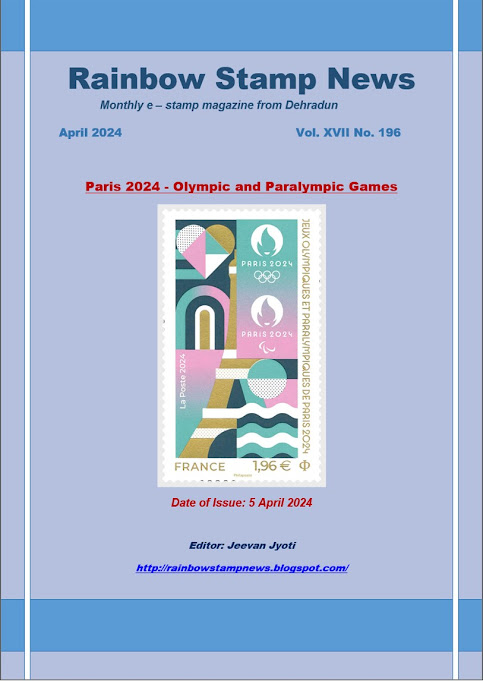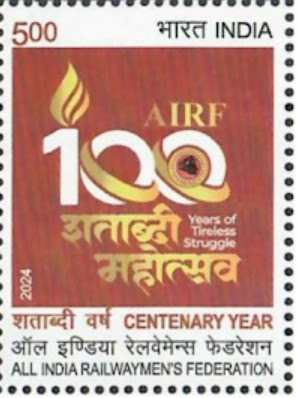Date of Issue : 30 June 2011
100th ANNIVERSARY OF THE BIRTH OF CZESŁAW MIŁOSZ
Czeslaw Milosz
Czeslaw Milosz ranks among the most respected figures in twentieth-century Polish literature, as well as one of the most respected contemporary poets in the world, being awarded the Nobel Prize for Literature in 1980. He was born in Lithuania, where his parents moved temporarily to escape the political upheaval in their native Poland. As an adult, he left Poland due to the oppressive Communist regime that came to power following World War II and has lived in the United States since 1960.
Milosz's poems, novels, essays, and other works are written in his native Polish and translated by the author and others into English. Having lived under the two great totalitarian systems of modern history, national socialism and communism, Milosz writes of the past in a tragic, ironic style that nonetheless affirms the value of human life.
Born in Lithuania in 1911, Milosz spent much of his childhood in Czarist Russia, where his father worked as a civil engineer. After World War I the family returned to their hometown, which had become a part of the new Polish state, and Milosz attended local Catholic schools. He published his first collection of poems, Poemat o czasie zastyglym ("Poem of the Frozen Time"), at the age of twenty-one. Milosz was associated with the catastrophist school of poets during the 1930s. Catastrophism concerns "the inevitable annihilation of the highest values, especially the values essential to a given cultural system. . . . But it proclaims . . . only the annihilation of certain values, not values in general, and the destruction of a certain historical formation, but not of all mankind," Aleksander Fiut explained in World Literature Today. The writings of this group of poets ominously foreshadowed World War II.
Besides the Nobel Prize for Literature, his other honors include an award for poetry translations from the Polish P.E.N. Center in Warsaw, a Guggenheim Fellowship, and the Neustadt International Prize for Literature. He has written virtually all of his poems in his native Polish, although his work was banned in Poland until after he won the Nobel Prize. He has also translated the works of other Polish writers into English, and has co-translated his own works with such poets as Robert Hass and Robert Pinsky. His translations into Polish include portions of the Bible (from Hebrew and Greek) and works by Charles Baudelaire, T. S. Eliot, John Milton, William Shakespeare, Simone Weil, and Walt Whitman. He died on August 14, 2004.
Love by Czeslaw Milosz
Love means to learn to look at yourself
The way one looks at distant things
For you are only one thing among many.
And whoever sees that way heals his heart,
Without knowing it, from various ills—
A bird and a tree say to him: Friend.
Then he wants to use himself and things
So that they stand in the glow of ripeness.
It doesn’t matter whether he knows what he serves:
Who serves best doesn’t always understand.
Forget by Czeslaw Milosz
Forget the suffering
You caused others.
Forget the suffering
Others caused you.
The waters run and run,
Springs sparkle and are done,
You walk the earth you are forgetting.
Sometimes you hear a distant refrain.
What does it mean, you ask, who is singing?
A childlike sun grows warm.
A grandson and a great-grandson are born.
You are led by the hand once again.
The names of the rivers remain with you.
How endless those rivers seem!
Your fields lie fallow,
The city towers are not as they were.
You stand at the threshold mute.



















.png)













No comments:
Post a Comment